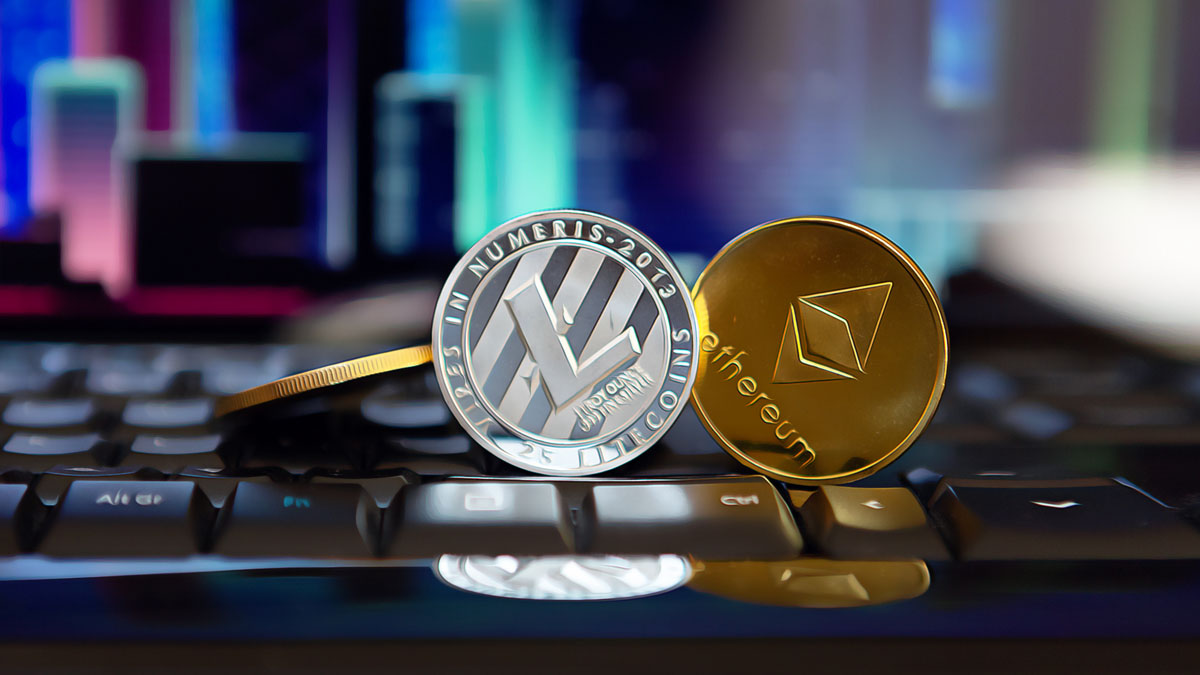Ethereum continues to dominate as the top smart contract platform, holding a significant market share and the highest total value locked. Despite the emergence of competitive networks, Ethereum’s stronghold remains unshaken, and it is recognized as a primary host for numerous blockchain protocols.
Injective’s Strategic Move
While overtaking Ethereum’s market value remains a distant goal for competitors, certain networks like Solana and Avalanche have made strides in outpacing Ethereum in terms of transaction cost and speed. Injective is carving its niche by introducing the CW-404 standard, aiming to rival Ethereum’s ERC-404. Through a collaboration with DeFi platform DojoSwap, Injective integrates features from the CW-20 and CW-721, focusing on making a mark in the fractional NFT domain.
INJ Coin’s Ascent
Injective’s strategy with CW-404 is not just to challenge Ethereum’s standard but to redirect a portion of future investments towards itself. Ethereum’s ERC-404 allows fractional ownership of NFTs across various wallets, and as functional NFTs gain more applications, these standards will become crucial. By attracting more developers with its new standard, INJ Coin is poised to see a positive impact on its value.
Moreover, with the ERC-404 enabling tokenization of risks to enhance loans or equities, there’s potential for billions of dollars to flow into the network, as evidenced by the success of the first ERC-404 token, Pandora. The token’s value surged twelve-fold, signaling strong investor interest in the standard.
Despite some skepticism over ERC-404’s practicality in lending, Injective’s foray into this innovative area with CW-404 presents an opportunity to secure market share and benefit in the medium term. At the time of reporting, INJ Coin’s trading price of $33.9 marks significant growth from its $1.24 valuation at the beginning of the year, with an earlier peak price of $45.3.












